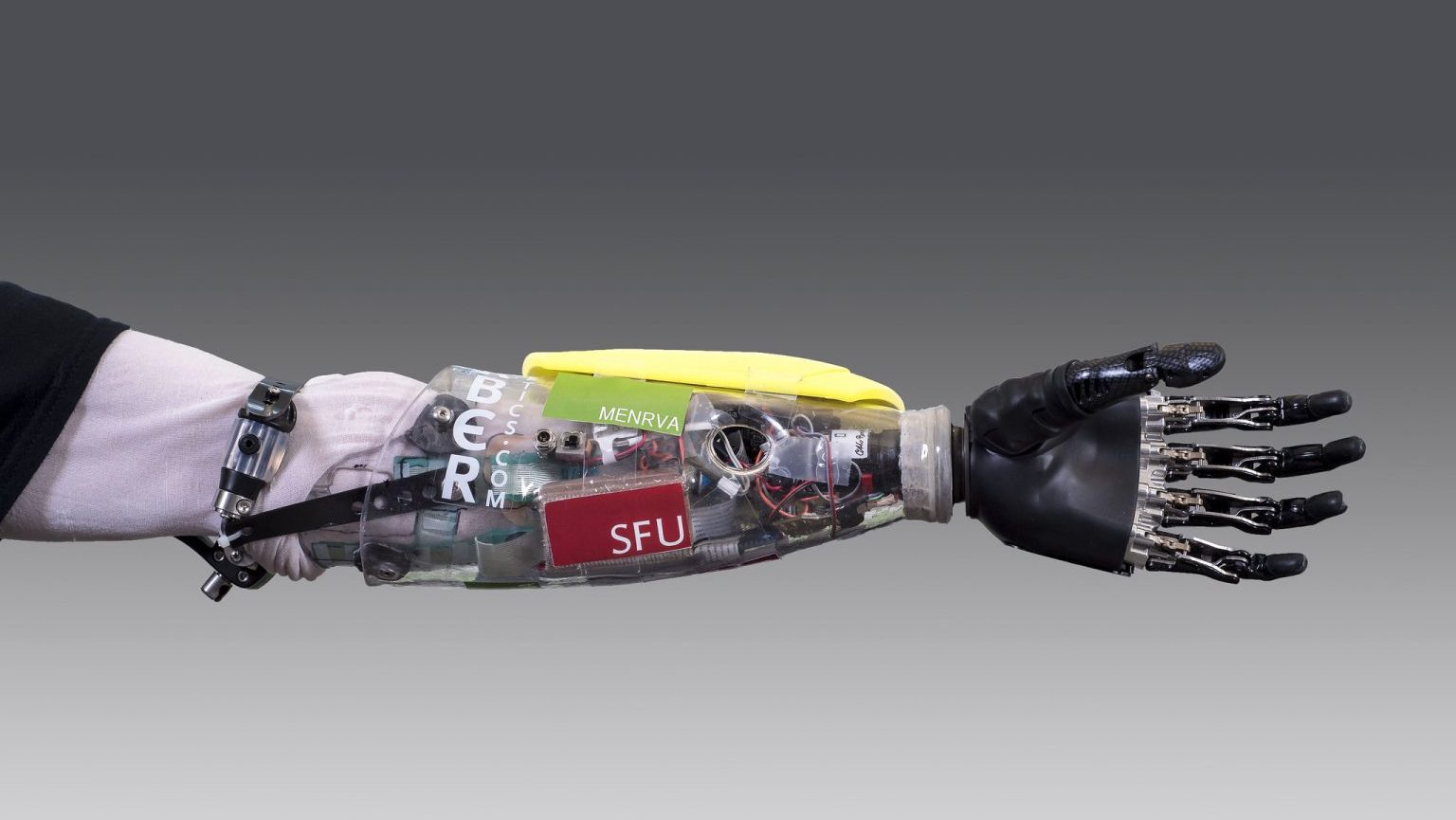What is the ROI of a College Degree?

During the past weeks I saw more and more interviews, blog posts and discussions on what the return of investment (ROI) of a college degree is these days. It is no secret that the fees are increasing every year and many students have to take huge loans which they then need to pay back over an also increasing period of time as salaries are of course not sky rocketing at the same speed, if at all.
In August last year Darien Brown, Founder and CEO of YongoPal wrote an interesting guest post on my blog titled “The Educator’s Responsibility to Deliver Economic Value” from which I would like to quote two paragraphs on this subject:
As service providers, it should be our responsibility to consider the larger picture. We should be able to step back from our niches and think critically about how what we are providing contributes to our students’ professional development. We should be responsible for making sure that what we sell generates economic rewards in excess of what our customers pay.
Selling formal education on the myth that it should be about personal enrichment, in my mind, borders on the unethical. That we are personally and intangibly enriched is merely one of education’s convenient byproducts.
Hence, according to Brown the ROI of a college degree, or basically any kind of certification, needed to be an economic reward, e.g. chances to get a well paid job, a promotion etc.
In an Triangulation interview hosted by Leo Laporte which I saw yesterday I learned that Michael Robertson, the founder of mp3.com has a foundation that calculated the ROI of a college degree. The average number is 4% which means that if you took the $250k for a master degree and put it on the bank you might end up with a far better ROI over the years.
So, what are the alternatives? Today there are only a handful of companies that hire people based on their skills and those companies are normally based in Silicon Valley and the Bay Area. And there is still the problem of how to actually proof what one knows when it is not printed on a sheet of paper with the logo of a college or university.
Jon Bischke, Founder of eduFire and now entrepreneur in resident at Battery Ventures sees one answer in his theory about the Reputation Graph. He points out that every day important decisions are actually taken on the basis of what we know about the other person involved. College applications are based on test scores, job positions are given based on degrees etc whereas none of these decisions takes into consideration what others might know about the person.
What if the knowledge that others have about the person who applies for a place in college or a job would be available on the Internet? Quoting Jon Bischke on one of his posts about the Reputation Graph:
So here’s why I think this is important. Just as Google and others were able to make our ability to access information dramatically easier and open all sorts of opportunities for people, I feel like the companies that build the reputation graph will have an amazing opportunity to make the process of making decisions about people (again, something each of us do every single day) incredibly more efficient. Better fits for jobs, schools…heck, even who you date or pal around with on the weekends could make peoples’ lives dramatically better.
As you know, I strongly believe in the concept of a Knowledge Graph that tracks all the information about what we learn every day from formal or informal sources.
The combination of Knowledge and Reputation Graph has the potential to then massively disrupt the inflation of college tuition costs. If more and more companies took decisions based on tracked knowledge and reputation, colleges and universities needed to come up with new, innovative ways to make the investment worth the money or simply go back to old pricing models.





